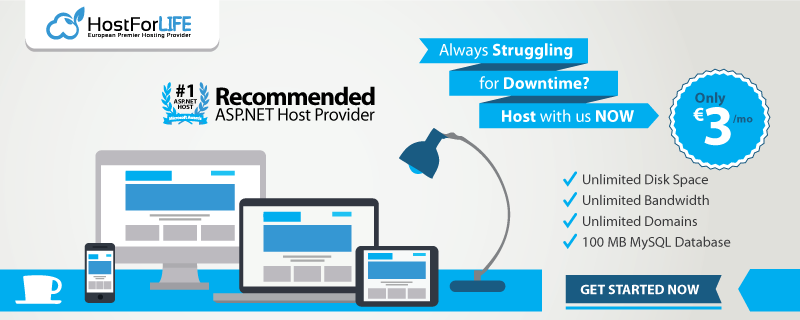Database management systems are the backbone of today’s digitally advanced world. Thanks to the democratization of the internet, there has been a massive surge in data, which is a goldmine for companies.
Here we present a list of the most popular app development databases for 2022. So, let’s begin:
1. PostgreSQL
PostgreSQL is an SQL-based open-source relational database system with advanced level and enterprise-class features. In addition to supporting SQL for Relational queries, it also supports JSON for non-relational queries.
PostgreSQL is one of the most highly stable database systems with a history of 20 years of support from the open-source community. Primarily, PostgreSQL is used for web development along with mobile application development.

Key Feature of PostgreSQL:
- User-defined types
- Uses LAPP stack
- Geospatial database for geographic information
- Supports Java, Python, C#, C/C+, Ruby and other languages
- Sophisticated locking mechanism
2. MySQL Database
MySQL is another most popular app development database of 2022. It is an open-source SQL-based relational database that organizes data into one or more data tables. The core focus of this application database is on robustness, stability, and maturity.
MySQL database is developed, distributed, maintained, and supported by Oracle. Many high-level organizations, including Facebook, Verizon, Twitter, and others use MySQL as it’s time and cost-effective. It also powers database-driven applications such as WordPress, Joomla, Drupal, and others.

Key Features of MySQL:
- Cross-platform support
- Triggers and cursors
- Information and performance schema
- Query caching
- Embedded database library
- Provides concrete data security layer for sensitive data
- Client/server architecture
3. SQLite
SQLite is a relational database management system written in C programming. It’s not a standalone database but a library that developers can embed in their apps. Since it belongs to embedded databases, SQLite is the one of most widely used and deployed database engines.
SQLite is also an open-source database based on the SQL query language that can store data in a text file on a device. Since it’s an in-process database library, it implements a self-contained, configuration-less, transactional SQL database engine. In addition, it comes bundled in mobile phones and computers as well as other apps we use on a daily basis.

Key Features of SQLite:
- Serverless and configuration-less database library
- Full-featured SQL
- Self-contained, meaning no external dependencies
- Great for the app file format
- Support for terabyte-sized database
- Simple, fast and easy-to-use API
4. Microsoft SQL Server
Another relational database management system based on the SQL query language is from Microsoft. MS SQL Server supports transactional processing, analytical apps, and business intelligence in IT corporate environments.
The primary function of the MS SQL Server is storing and retrieving information as per the request by software app users. Microsoft offers several different editions of its SQL-based database, all of which are aimed at different audience types with varying workloads.

Key Features of MS SQL Server:
- Breaks data silos down to give insights
- Client-server execution and remote database access
- Transactional control language
- Security and authentication
- Comprehensive application development
5. MongoDB
MongoDB is a document-oriented open-source database based on the NoSQL system. It incorporates JSON-like documents with optional schemas, meaning the data structure can be changed as fields vary from document to document. MongoDB provides you with a server environment to create multiple databases and collections of documents.
The document model of MongoDB is simple to learn and understand for developers and provides all the capabilities needed for complex application development. At its core, MongoDB is a distributed database system with high availability, geographic distribution, and horizontal scaling built into it.
Key Features of MongoDB:
- Support for the field, range query, and regular-expression searches
- Indexing of fields with primary and secondary indices
- High availability with replica sets
- Real-time aggregation for data analysis
6. Redis
Redis or Remote Dictionary Server is a key-value, open-source, and in-memory data structure store. It supports several different abstract data structures such as lists, maps, strings, bitmaps, streams, and others.
Besides being a database system, Redis is also used as a cache, message broker, and streaming engine. It offers built-in replication, LRU eviction, transactions, lua scripting, and on-disk persistence of different levels.

Key Features of Redis:
- Intelligent caching
- Stream processing
- Publication and subscription messaging
- Geospatial features
- Hyper logging
- Bitmaps
Final Verdict
So, these were some of the most popular app development databases. They can power almost every application, however, their use case may depend on the purpose or problem you are trying to solve.
If you are developing small-scale simple apps, MongoDB, and SQLite is great to get started. However, if you are working with complex-level projects, it’s better to use MySQL, PostgreSQL, MS SQL Server, or Redis. That said, databases are the cornerstone for developing impeccable mobile apps that can help you thrive in this competitive market.
If you’re looking for MSSQL or MySQL db hosting provider, you may visit our site at https://www.hostforlife.eu.

